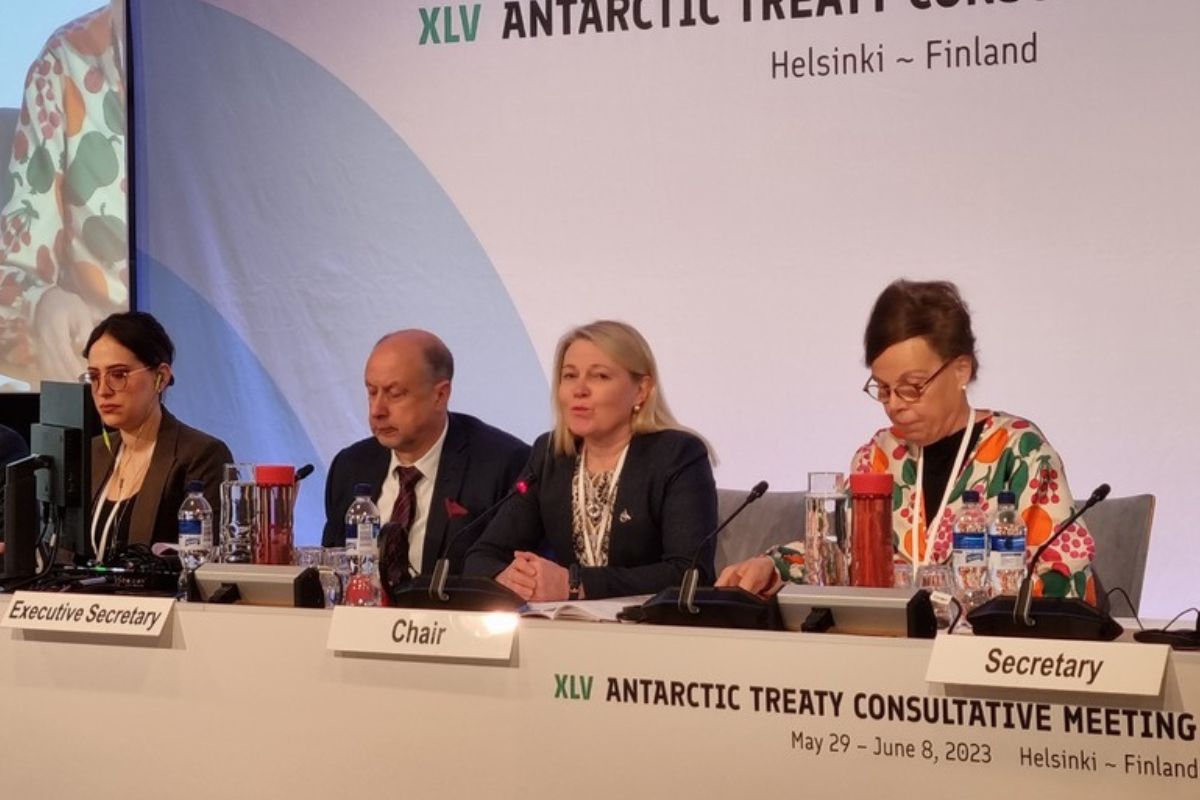The 46th Antarctic Treaty Consultative Meeting (ACTM) held in Kochi, Kerala brought together over 400 delegates from 56 countries to discuss various aspects concerning Antarctica, including governance, policy, and the impact of climate change. On the sidelines of the conference, Vishnu Varma spoke with Thamban Meloth, the director of the National Centre for Polar and Ocean Research (NCPOR), to delve into India’s research activities in Antarctica and the implications of climate change.
Meloth emphasized the significance of the ACTM in defining governance procedures for Antarctica, highlighting its role as the sole authority for decision-making regarding the continent’s affairs. With a focus on addressing the surge in tourism, particularly adventure tourism, the meeting marked a pivotal moment with the establishment of a new working group tasked with developing a regulatory framework for tourism activities. Meloth expressed optimism about finalizing this framework within the next few years, aiming to enhance safety and sustainability in Antarctic tourism.
Reflecting on India’s Antarctic endeavors since 1981, Meloth underscored the country’s scientific progress, from establishing stations like Dakshin Gangotri and Maitri to conducting groundbreaking research on climate change and extreme weather phenomena. He emphasized the interconnectedness of global weather patterns, citing instances where weather systems from distant regions, such as the Atmospheric River, have impacted Antarctica’s climate. Meloth emphasized the need for comprehensive observation systems, especially at the grassroots level, to better understand and predict extreme weather events, particularly in states like Kerala.
Meloth highlighted the proactive approach of the Ministry of Earth Sciences in formulating policies like the Indian Arctic Policy and the India Antarctic Act, underscoring the importance of further research and modeling to improve monsoon forecasts. He emphasized the complexity of predicting monsoon patterns due to the dynamic nature of tropical climates, stressing the necessity of investing in advanced observation systems and modeling techniques for accurate predictions.
In conclusion, Meloth emphasized the imperative of global cooperation and continued research efforts to address the multifaceted challenges posed by climate change, ensuring the sustainability of Antarctica and its profound impact on global weather patterns and food security.






